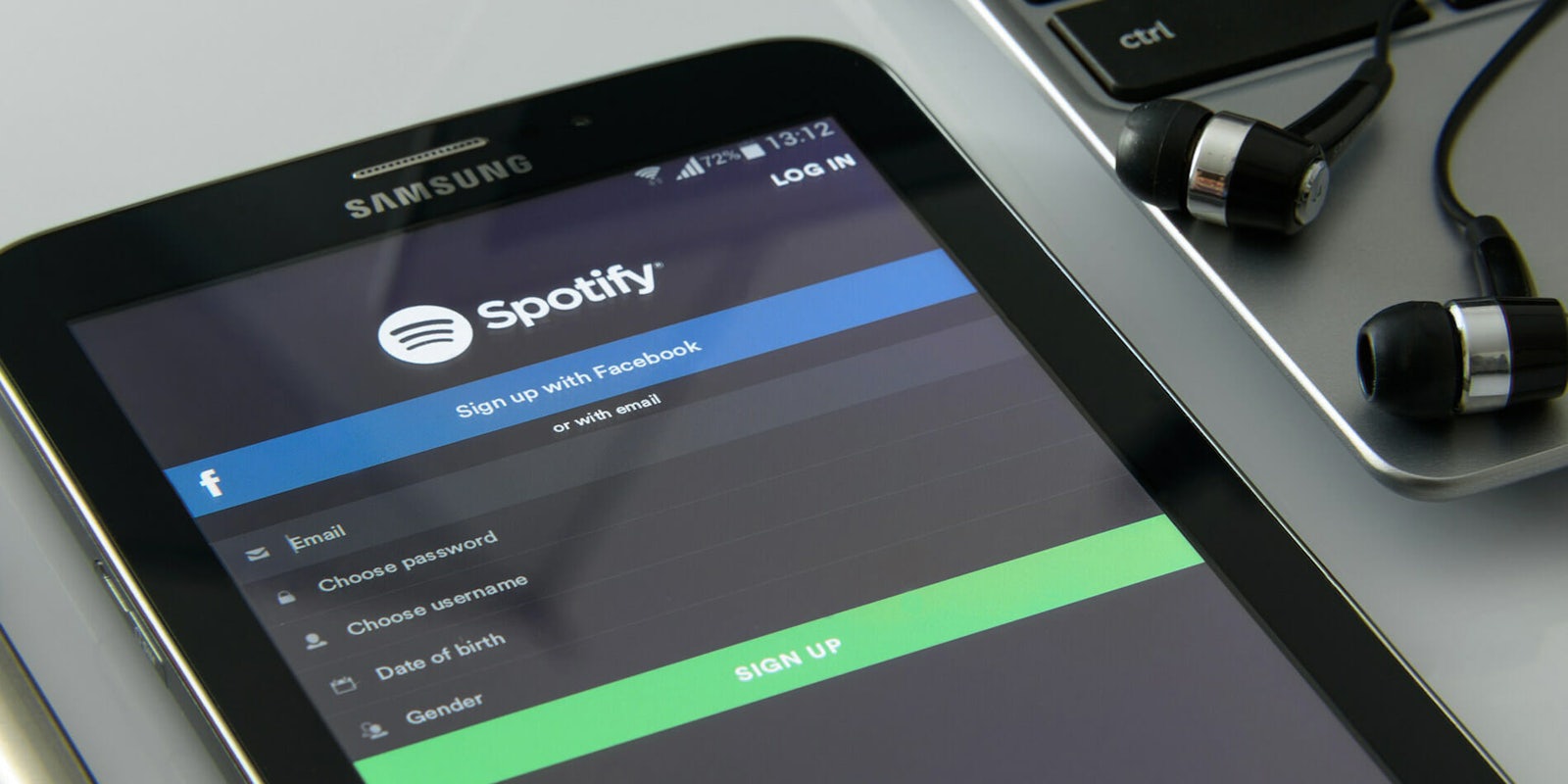A new study from the University of Glasgow suggests that modern music consumption has caused a significant spike in greenhouse gas emissions, Pitchfork reports.
University of Oslo professor Kyle Devine, lead researcher for the study, says that despite the use of plastic by the recording industry falling dramatically since the days of vinyl, cassettes, and CDs, environmental harms still persist due to streaming.
Pitchfork notes that the amount of plastic used to package CDs and other physical music formats went from 61 million kilograms in 2000 to just 8 million kilograms in 2016. But when looking at the amount of energy used to stream music content, the picture becomes much more bleak.
“The figures may even suggest that the rises of downloading and streaming are making music more environmentally friendly,” says Devine. “But a very different picture emerges when we think about the energy used to power online music listening. Storing and processing music online uses a tremendous amount of resources and energy—which has a high impact on the environment.”
Devine’s team analyzed plastic production and the amount of electricity generated by streaming to determine their greenhouse gas equivalents (GHGs) and found that streaming “has led to an increasingly negative impact on the environment.”
“While 140 million kilograms of GHGs were generated in 1977, 136 million kilograms in 1988, and 157 million in 2000,” Pitchfork states. “By 2016, the generation of GHGs by storing and transmitting digital music files was estimated to be between 200-350 million kilograms in the U.S. alone.”
The study also found that while environmental concerns have risen, the cost of accessing music has reached an all time low.
“In 1997, consumers were willing to pay roughly 4.83 percent of an average weekly salary. That percentage decreased to roughly 1.22 percent of an average weekly salary in 2013,” Pitchfork adds. “Since the advent of streaming, the research shows that consumers now pay only just over 1 percent of their weekly salary to listen to a vast library of music.”
READ MORE:
- IKEA and Sonos teamed up to make a fancy speaker lamp
- ‘Game of Thrones’ just announced an album featuring the Weeknd, SZA, and Travis Scott
- Brother Nature and Mason Ramsey bop to ‘Old Town Road’
H/T Pitchfork

